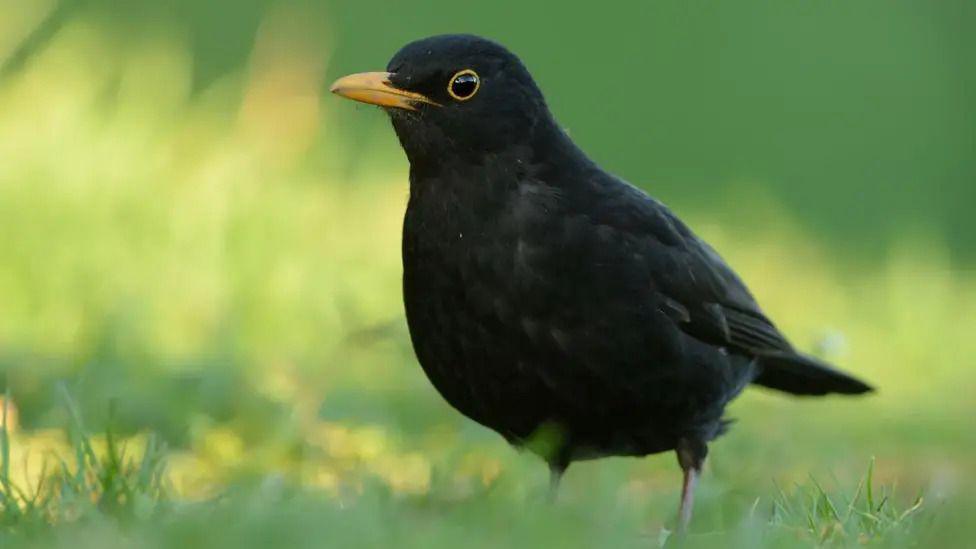How birdsong and plant smells can boost wellbeing

The Surrey-based study looks at the affects of birdsong on human wellbeing
- Published
Prompting people to actively notice birdsong, plant textures and smells can significantly improve wellbeing, a study has found.
The research, led by the University of Surrey, was carried out at RHS Wisley's wellbeing garden.
It explored how different types of environmental awareness affected emotional and psychological restoration.
Bethany Harries, lead author of the study and postgraduate student at the university, said: "This study shows that what we pay attention to in nature matters."
She added: "By actively engaging with natural elements, people can unlock deeper restorative benefits, which has powerful implications for how we design and manage public green spaces."
The research, in collaboration with the University of Sheffield and the Royal Horticultural Society (RHS), showed that even simple shifts in attention, like noticing the sounds, textures, or smells of nature, could have a meaningful impact on wellbeing.
Prof Alistair Griffiths, RHS director of science, said: "The research highlights the potential of simple interventions - such as interpretive signage, guided walks, or digital trails - to encourage meaningful engagement with nature.

The University of Surrey study explores how environment affects emotional and psychological restoration
"These tools could be used in parks, gardens, and urban green spaces to help visitors gain the most from their time outdoors."
The study also found that focusing on human-made features, such as buildings or traffic noise, may reduce the restorative benefits of nature.
In spring 2026, the RHS will launch a blueprint for wellbeing gardens, based on scientific research and real-life examples.
Follow BBC Surrey on Facebook, external, on X, external. Send your story ideas to southeasttoday@bbc.co.uk , external or WhatsApp us on 08081 002250.
Related topics
- Published23 March 2022

- Published30 January 2023

- Published1 August
